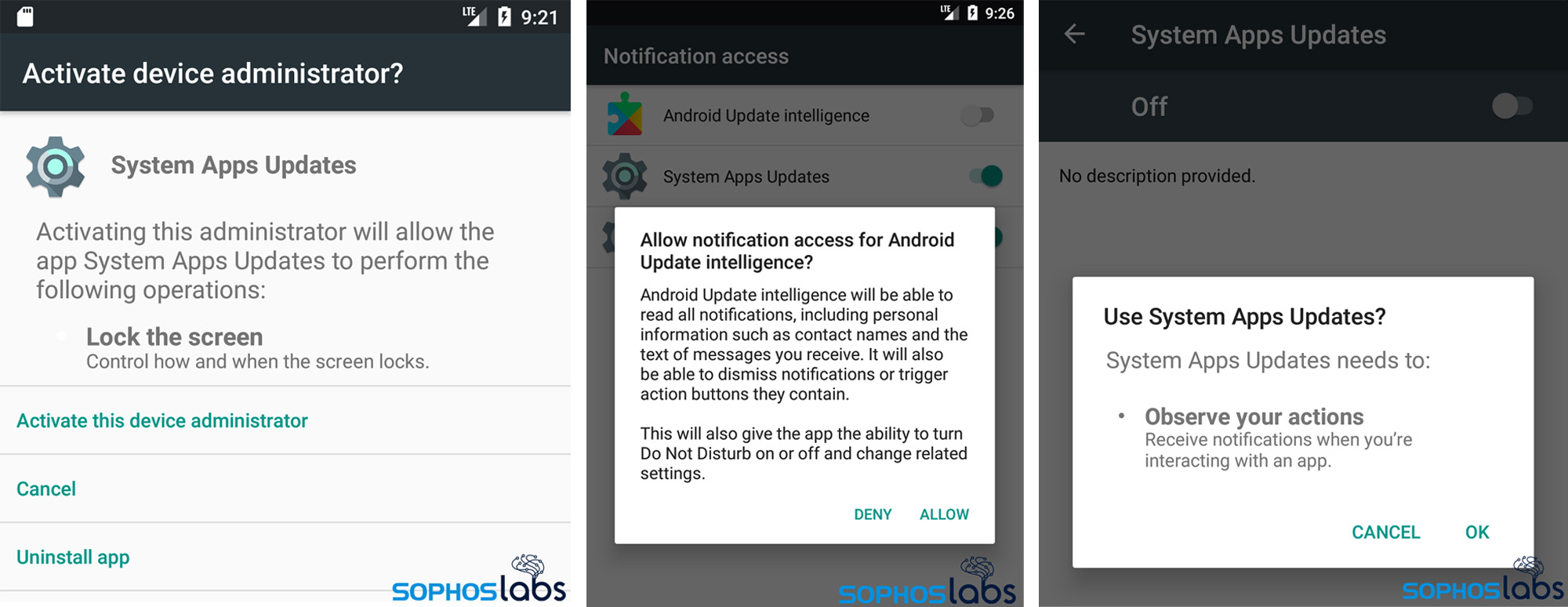News
New Variants Of Android Spyware Are Targeting Middle East Users
Sophos recommends Android users to never install apps from untrusted sources and avoid ignoring available OS and app updates.

British security software and hardware company Sophos has recently revealed that new variants of Android spyware used by the C-23 group are actively targeting users in the Middle East.
C-23, also known as GnatSpy, FrozenCell, or VAMP, is what cybersecurity professionals refer to as an advanced persistent threat (APT) adversary. Such adversaries are typically well-funded and well-organized, which allows them to quickly evolve their tactics to overcome even the most sophisticated cybersecurity defenses.
The C-23 adversary has been known for targeting individuals in the Middle East since at least 2017, with a particular focus on the Palestinian territories.
The latest variants of its Android spyware are most likely distributed via a download link sent to victims as text messages. The link leads to a malicious app that pretends to install legitimate updates on the victim’s mobile device. When the app is launched for the first time, it requests a number of permissions that let it spy on the victim. It then disguises itself to make removal more difficult.

“The new variants use more, and more varied, disguises than previous versions, hiding behind popular app icons such as Chrome, Google, Google Play, YouTube, or the BOTIM voice-over-IP service” explain Sophos. “If targets click a fraudulent icon, the spyware launches the legitimate version of the app, while maintaining surveillance in the background”.
Also Read: Dubai Establishes $272 Million Future District Fund To Attract Tech Companies
The information the new spyware can steal includes everything from text messages to the names of installed apps to contacts from all kinds of apps, including Facebook and WhatsApp. The spyware can even dismiss notifications and toggle “Do Not Disturb” settings.
Sophos recommends Android users to never install apps from untrusted sources and avoid ignoring available OS and app updates. The company’s own mobile antivirus app, called Sophos Intercept X for Mobile, can detect the new spyware as well as all kinds of other malicious software.
News
Mamo Completes $3.4M Funding Round To Enhance Fintech Services
The startup will use the influx of cash to expand into Saudi Arabia and across the wider GCC while improving its product offering.

UAE-based fintech Mamo has announced the completion of a $3.4 million funding round that will help the startup extend its market presence and improve its product offering. Investors included 4DX Ventures, the Dubai Future District Fund and Cyfr Capital.
Mamo’s platform offers “payment collection, corporate cards and expense management” to help small and medium-sized businesses consolidate and streamline their operations. With the latest influx of capital, Mamo will further develop its comprehensive suite of services and begin testing its product lines in Saudi Arabia, further extending its footprint across the GCC.
Imad Gharazeddine, co-founder and CEO of Mamo, stated: “We’ve been in the market for a while now and are incredibly proud of what our team has achieved. The holistic and expansive nature of our product offering has helped us continue to grow sustainably. This additional funding will allow us to reach our medium-term goals even faster. The support from new and existing investors is a testament to our strong expertise and the ability to deliver on our customer promise”.
Daniel Marlo, General Partner of lead investor 4DX Ventures, added: “We have immense trust in Imad’s vision, leadership and Mamo’s innovative approach to provide a user-friendly and comprehensive financial solution for SMEs that makes financial management more accessible and efficient. We are proud to partner with them and support their mission”.
Also Read: A Guide To Digital Payment Methods In The Middle East
Amer Fatayer, Managing Director of Dubai Future District Fund’s investment team, also commented: “Mamo’s localized product lines serve as an infrastructure for SME payments and spend management in UAE, a segment that is underserved by the country’s current banking infrastructure. The team has taken a product-first approach to consolidating SMEs’ financial journeys and building a fintech solution deeply embedded in a business’s core operations”.
To date, Mamo has raised around $13 million in investment funding and now boasts a team of 30 people. The company’s intuitive financial services platform has allowed over 1,000 businesses to consolidate their financial operations and significantly reduce payment fees.
-

 News4 weeks ago
News4 weeks agoAmazon Prime Day 2024: Get Ready For 6 Days Of Amazing Deals
-

 News4 weeks ago
News4 weeks agoSamsung Unpacked 2024: What To Expect From The July 10 Event
-

 News4 weeks ago
News4 weeks agoCoursera Report Shows Surge In UAE Interest In AI Upskilling
-

 News4 weeks ago
News4 weeks agoMeet Dubai’s Groundbreaking Smart Robot Delivery Assistant
















